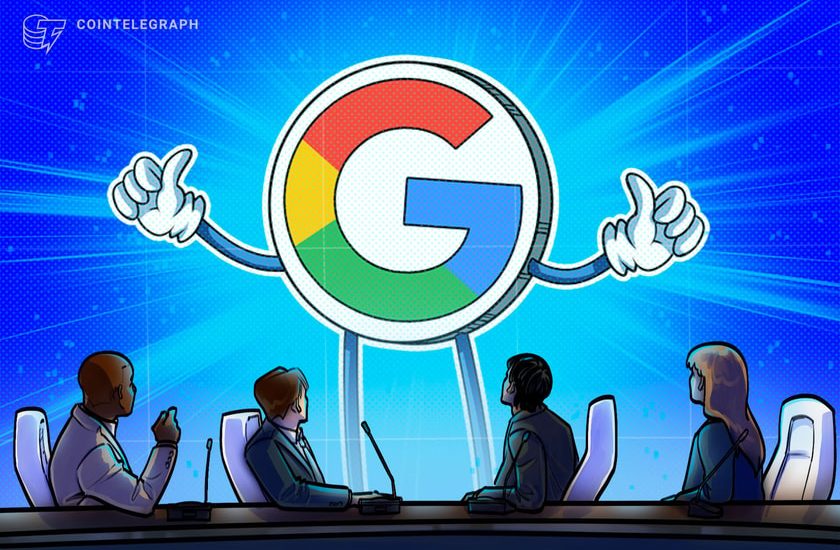- October 13, 2023
- Posted by: admin
- Category: BitCoin, Blockchain, Cryptocurrency, Investments


Google explicitly stated that only seven products fall under this legal protection, excluding Google’s Bard search tool.
Google has announced its commitment to protect users of generative artificial intelligence (AI) systems within its Google Cloud and Workspace platforms in cases where they face allegations of intellectual property infringement. This move aligns Google with other companies, such as Microsoft, Adobe and more, which have also made similar assurances.
In a recent blog post, Google made it clear that customers utilizing products integrated with generative AI capabilities will receive legal protection. This announcement addresses mounting concerns regarding the potential copyright issues associated with generative AI.
Google explicitly outlined seven products that fall under this legal protection. The products are Duet AI in Workspace, encompassing text generation in Google Docs and Gmail, as well as image generation in Google Slides and Google Meet; Duet AI in Google Cloud; Vertex AI Search; Vertex AI Conversation; Vertex AI Text Embedding API; Visual Captioning on Vertex AI; and Codey APIs. It’s worth noting that this list did not include Google’s Bard search tool.
According to Google:
“If you are challenged on copyright grounds, we will assume responsibility for the potential legal risks involved.”
Google has unveiled a distinctive approach to intellectual property indemnification, described as a pioneering two-pronged strategy. Under this initiative, Google extends its protection to encompass both the training data and the outcomes generated from its foundational models.
This signifies that if legal action is taken against someone due to the use of Google’s training data that involves copyrighted material, Google will assume responsibility for addressing this legal challenge.
The company clarified that the indemnity related to training data is not a novel form of protection. However, Google acknowledged that its customers expressed a desire for clear and explicit confirmation that this protection extends to scenarios where the training data incorporates copyrighted material.
Related: Google Assistant will soon incorporate Bard AI chat service
Google will additionally protect users if they face legal action due to the results they obtain while utilizing its foundation models. This includes scenarios where users generate content resembling published works. The company emphasized that this safeguard is contingent on users not intentionally generating or using content to infringe upon the rights of others.
Other companies have issued similar statements. Microsoft declared its commitment to assume legal responsibility for enterprise users of its Copilot products. Adobe, on the other hand, affirmed its dedication to safeguarding enterprise customers from copyright, privacy and publicity rights claims when using Firefly.
Magazine: ‘AI has killed the industry’: EasyTranslate boss on adapting to change
